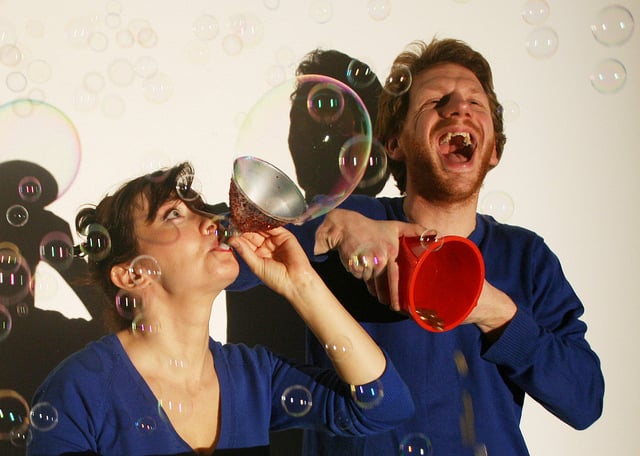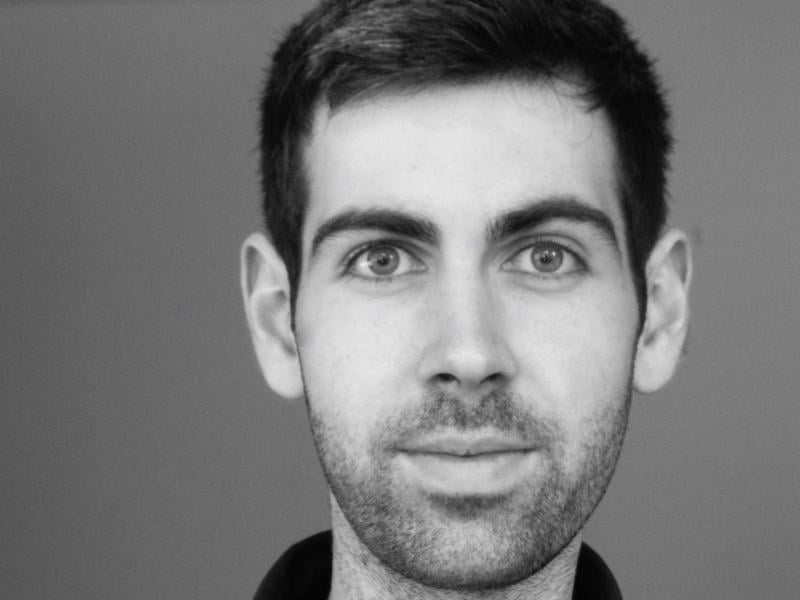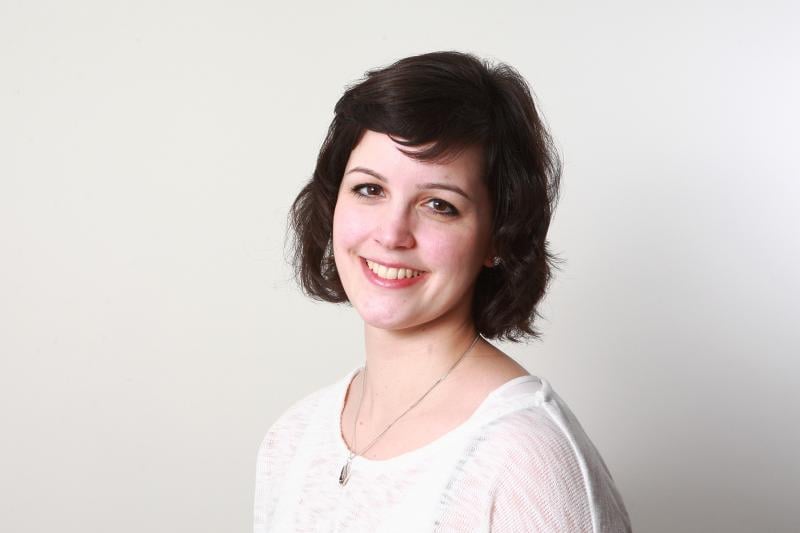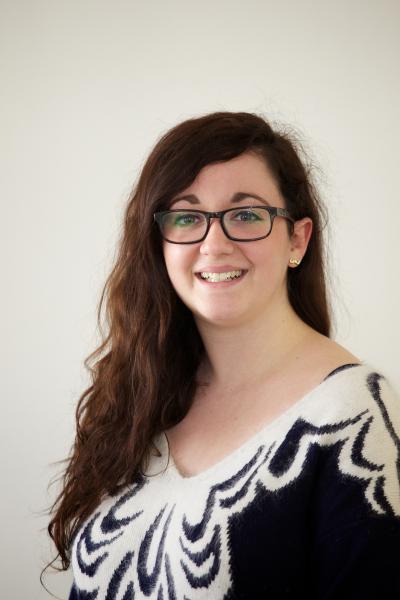
Photo: TheArches (CC BY 2.0)
Who would want to be an arts fundraiser?
They raise the money organisations need to make great art, but who are they really? And what drives them to do what they do? Amanda Rigali meets three Arts Fundraising Fellows to find out.
My own career in arts fundraising has, I’m sure, followed a similar path to a number of arts professionals of my generation – I was thrown into it, with pretty much no training or support. As producer/manager for arts organisations, the assumption was made that income-generation in all its forms was ‘part of my role’, and it was up to me to juggle the work of negotiating earned income, securing public funding and fundraising from private sources alongside the multifarious demands of running an arts organisation.
So, I am now delighted to be managing the third year of the Arts Fundraising Fellowships Programme. By next September, we will have trained 55 people at the start of their careers in arts fundraising. Our Alumni Fellows are already putting their training to excellent use in arts & cultural organisations, and we’ve asked three of them to give some pointers to others interested in following in their footsteps.
Why follow a career as a fundraiser? 
For many fundraisers, such as Tom Bevan (Alumnus Fellow, now Development Executive at the Lowry – pictured left), being up close to the art itself is a hugely attractive part of their work. “My job requires that I meet with all departments of the organisation, so I’m often behind the scenes, seeing things the general public would never have access to.”
But fundraising isn’t just a ticket to experiencing art. It is essential for making it happen in the first place, which can be both thrilling and rewarding. “All the professional arts fundraisers I’ve met love art and get pride from creating the funds to make art possible,” says Dana Segal (Alumnus Fellow, now Development & Events Manager at Cockpit Arts). “It’s not just an alternative to being an artist, it’s an interesting role in and of itself and an essential part of an arts organisation.”
There’s also a great deal of variety; fundraisers rarely spend long on one individual project and need to be skilled in multiple areas, which makes for a very engaging career. For Georgina Brown (Alumnus Fellow, now Development Manager at the National Centre for Circus Arts), “working in the arts requires versatility. If there’s an experience you want to get or a slightly different role you want to try, the arts is a great place for that. Although you may have a specialty, it’s a great help to be able to write a proposal and network at an evening event. Being versatile is a skill!”
What’s the job like? 
First and foremost, fundraising is about developing great relationships with people who fund your organisation’s art. As Georgina (pictured right) says, “To work in development I think you need to be a people person. My job is about connecting people and building relationships – I introduce people to circus and to the National Centre for Circus Arts. I need to be comfortable talking to a variety of people; from grants teams at trusts and foundations to personal philanthropists, from members of our youth circus to professional artists.”
Dana has recently begun doing consultancy work for independent artists. “The work is much more strategic than my other fundraising and I really enjoy it. It’s about being presented with artistic ideas and giving great advice on what funding is available; essentially I’m connecting the artist to the funders. When I started out in my career I didn’t think I’d be a consultant but it’s great as it means I can focus on projects I’m interested in. Right now I’m working with Arebyte Gallery in Hackney. Originally the work was around helping them with an Arts Council England bid, but has developed into thinking about how they capture their data. It’s fascinating!”
There’s also a great deal of research and administration that goes into securing money for an organisation. “I spend a lot of time doing corporate research,” says Tom. “I’m constantly keeping an eye out for new businesses that are doing well, that might want to support the arts and then try to start up a relationship with them. Internally too, I have a lot of meetings with other departments, (galleries, security, maintenance press and so on) collecting information for funders or coordinating projects. The development department is a bit of a hub for the organisation, connecting up the dots between various activity.”
Where could the career lead?
Tom is currently working at The Lowry but will soon move into his third arts fundraising job: “I’m moving away from corporates and revisiting individual giving, capital campaigns and trusts and foundations. I want a breadth of experience in all areas of fundraising so that, one day, I’m prepared for a senior leadership role. I’d like to be at the point where I have an overview of the whole department and get successes in all areas of fundraising.”
Similarly, Georgina wants to continue developing as a fundraiser. “The good thing about this job is that the work never finishes. You’re never ‘done’ so there’s always something else to do or something new to try out. I like the combination of practical and academic so I think I’ll stay in something that offers me both.”
Dana (pictured above) also enjoys the variety of work and clients she comes into contact with as a consultant. “I’m looking forward to doing more fundraising consulting. I love the flexibility it offers in terms of coming up with ideas and the range of areas it covers. The breadth of the Arts Fundraising Fellowship has prepared me really well for that because it gives you a huge range of skills and pushes you into unusual experiences that I can now draw on. I want to share those skills with as many artists and arts organisations as possible.”
Amanda Rigali is Head of Programme for Arts Fundraising & Philanthropy.
artsfundraising.org.uk
Arts Fundraising & Philanthropy runs training events and activities, including a series on ‘Essential Fundraising Skills’.

Join the Discussion
You must be logged in to post a comment.